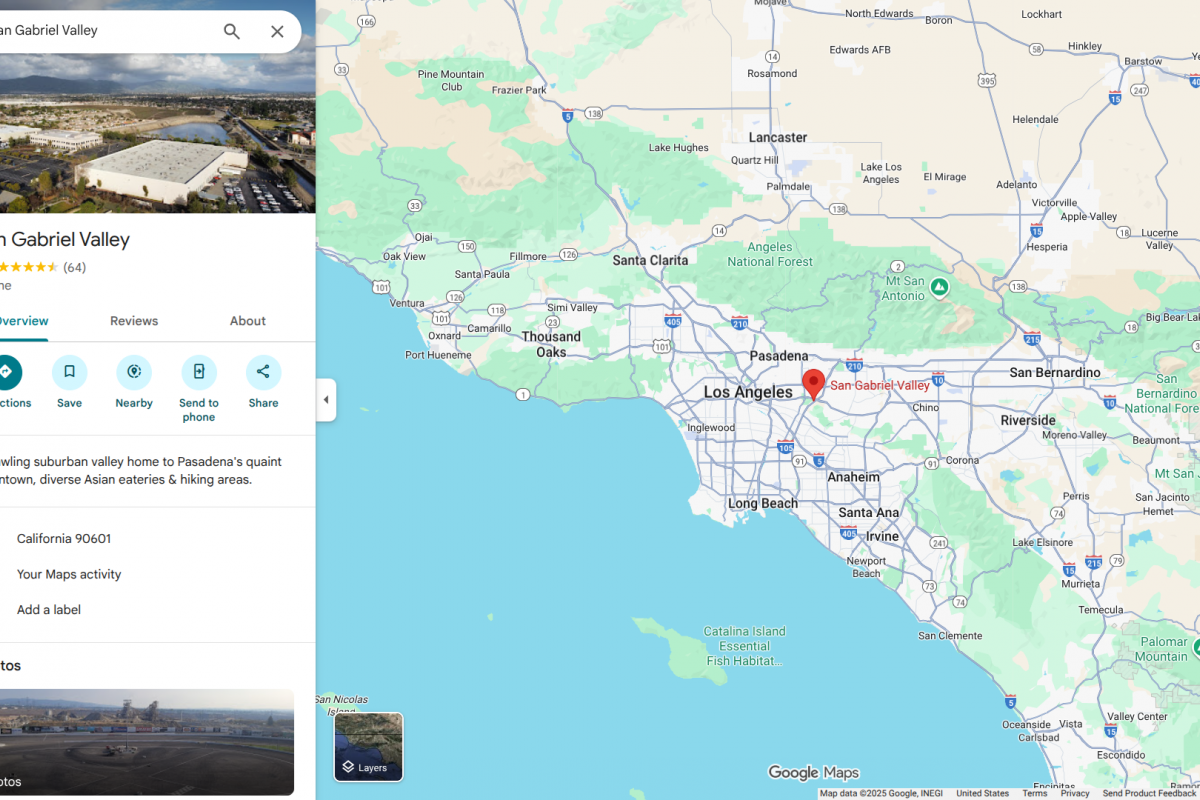(Vax-Before-Travel News)
The Los Angeles County Department of Public Health (LACDPH) recently announced it is investigating the first case of locally acquired dengue fever in a resident of the San Gabriel Valley.
The infected person reported no…

The Los Angeles County Department of Public Health (LACDPH) recently announced it is investigating the first case of locally acquired dengue fever in a resident of the San Gabriel Valley.
The infected person reported no…